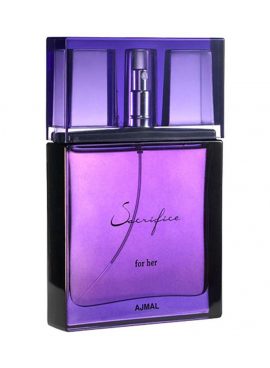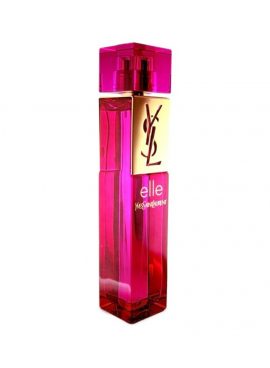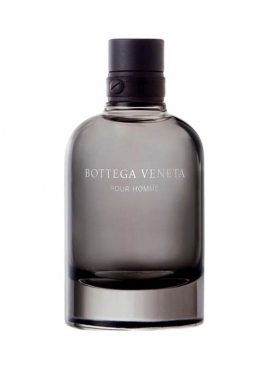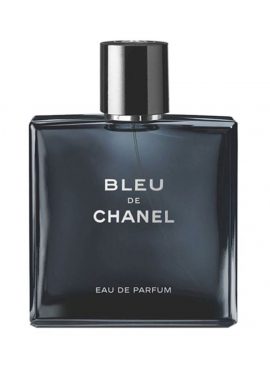خرید عطر و ادکلن Chance EDT 100ml نت پایه Patchouli, Musk, Vetiver, Vanilla برند CHANEL مناسب France
برند : CHANEL
قیمت فروشنده
10 عدد در انبار (می توان پیش خرید کرد)
4,420,000تومان
گارانتی اصالت و مطابقت کالا
از طریق تماس یا افزودن این کالا به سبد خرید میتوانید قبل از پرداخت وجه از موجودی باخبر شوید و زمان دقیق تحویل کالای خود را در بازه های زمانی قابل ارائه انتخاب کنید.
امکان تحویل سریع کالا در شیراز و تهران پس از تایید
خرید مستقیم از فروشگاه های معتبر با بهترین قیمت لحظه
7 روز ضمانت خرید بی برو برگرد
CHANEL
برند:
Chanel‘s first men’s fragrance – Chanel Pour Monsieur – was introduced in 1995, created by Henri Robert, who took over from Ernest Beaux as in-house perfumer. (Since then, an entire men’s fragrance wardrobe has been introduced, spanning leathery, virile Antaeus through to the aromatic-woody blockbuster BLEU DE CHANEL. Henri Robert also created No. 19 – named for Chanel’s birthday – which was initially reserved for special friends and clients. Coco Chanel died on 10th January 1971 in Paris, on the eve of presenting her latest collection – and later that year, the rest of us were able to enjoy this floral-green masterpiece. A new era in Chanel‘s perfume history was born –a wave of creativity that continues to this day. In 1974, Cristalle was unveiled: Chanel‘s freshest scent yet. In 1979, Jacques Polge became Chanel‘s third perfume designer; his first feminine creation was richly opulent Coco, in 1984. Allure followed, in 1996, then in 2001, Coco Mademoiselle, which in the US (among other countries) has become even more widely worn than the iconic No. 5. screenshot-2016-12-12-19-33-102007 heralded a new era in Chanel perfume creativity with the unveiling of Les Exclusifs, initially a collection of 10 fragrances (though many more have since been added). Jacques Polge’s inspiration was the rich Chanel heritage – and, above all, the ingredients themselves. ‘As a perfumer, I’m always playing with notes to come up with new and intriguing accords,’ explains M. Polge. (Chanel, uniquely, still control their own acres of roses and jasmine in Grasse.) The acclaimed collection revived three of Ernest Beaux’s masterpieces, adding a new portfolio of scents inspired by Chanel‘s life, loves and the places that mattered to her – from languid, exotic Coromandel (named after the priceless Oriental screens in Mademoiselle’s Rue Cambon apartment) to airy Bel Respiro, with its notes of hyacinth, green tea and aromatic grasses. (The name comes from Chanel’s beige-and-black holiday home, where she holed up with her composer lover, Igor Stravinsky.
| دپارتمان | |
|---|---|
| Heart/Middle Note | |
| Grade | |
| نت پایه | |
| Brand | CHANEL |






4,420,000تومان
10 عدد در انبار (می توان پیش خرید کرد)
مرجع به روز قیمت و خرید انواع کالاهای الکترونیکی گوشی موبایل لپ تاپ و لوازم جانبی و انواع لوازم شخصی , عطر و ادکلن , ساعت و . . . با ضمانت اصالت کالا و تحویل و تامین سریع کالا می باشد . پراول با همکاری با معتبر ترین تامین کنندگان کالا در ایران و خارج از کشور امکان خرید سریع اینترنتی گستره ی وسیعی از کالاها را با بهترین قیمت و تضمین اصالت کالا را در اختیار شما مشتریان گرامی قرار می دهد.در صورتی که کالای درخواستی شما در سایت موجود نبود میتوانید از این لینک سفارش اختصاصی ثبت کنید .
تلفن مستقیم فروش و مشاوره:
(9 صبح تا 9 شب همه روزه )
واتس اپ و موبایل: